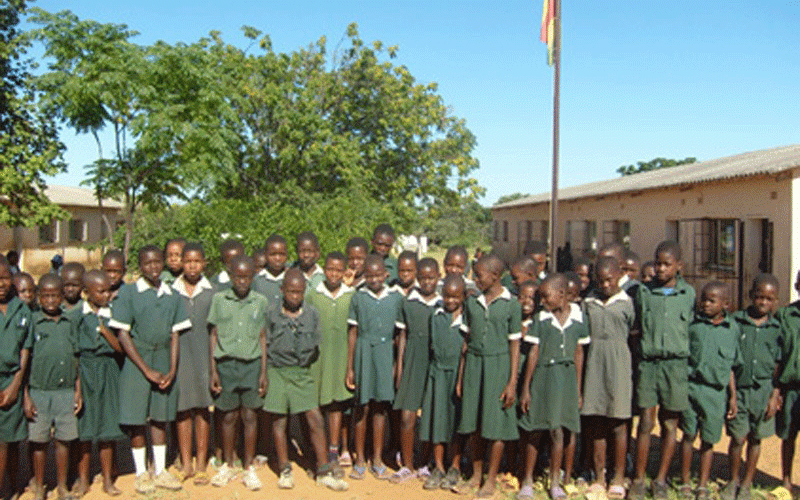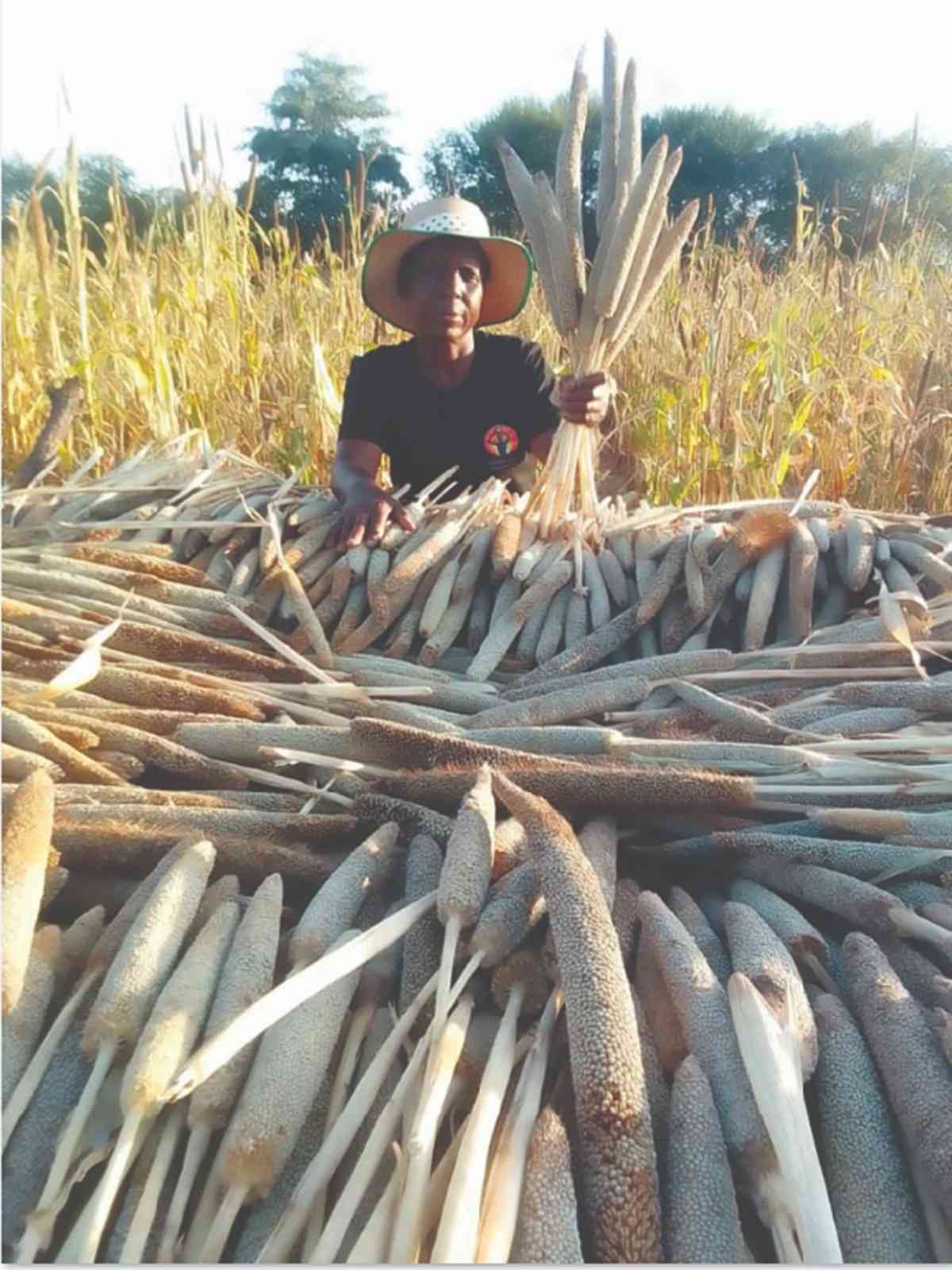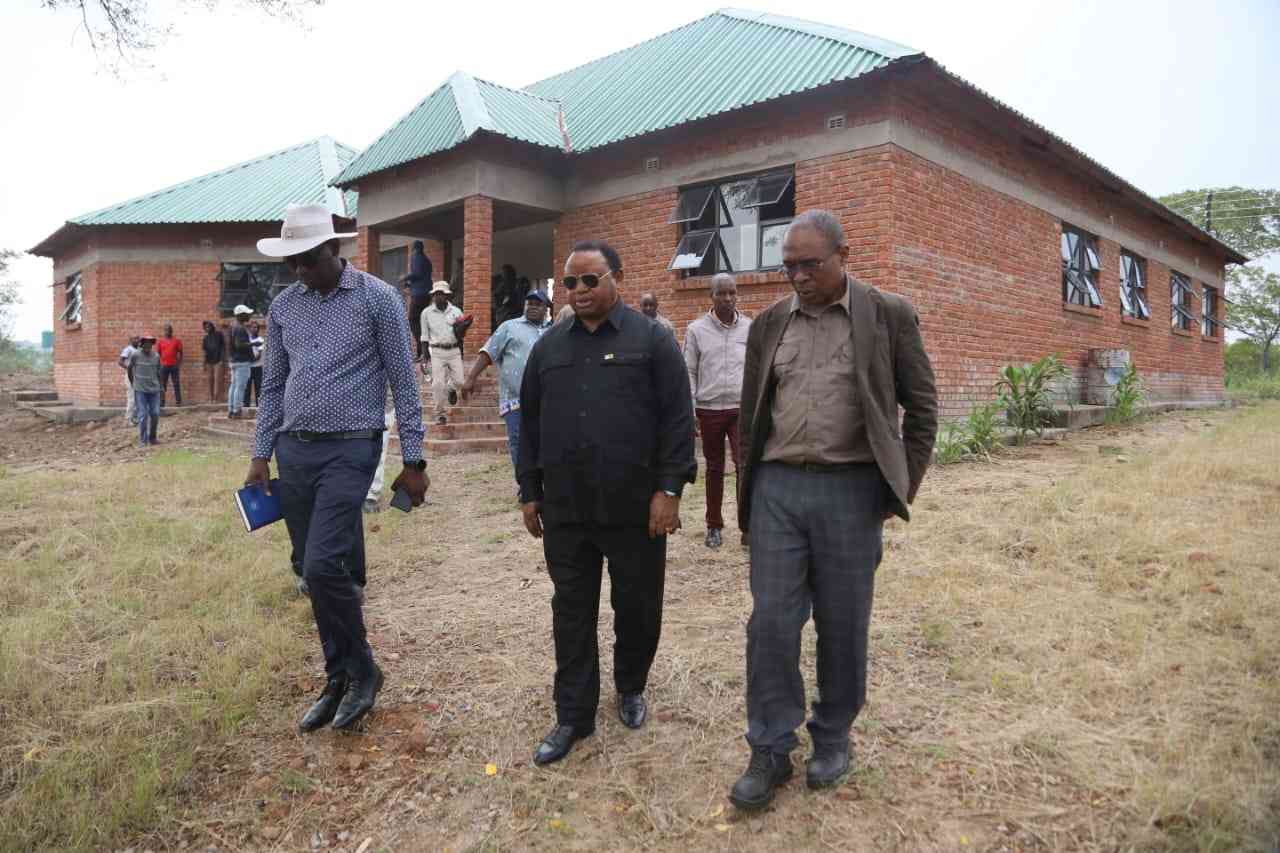
A MOVE by the Primary and Secondary Education ministry to penalise teachers in Bulilima district, Matabeleland South, over zero pass rates in the past five years has ignited fury among legislators and unions, who argue that the government is scapegoating educators for systemic failures.
Gwanda North legislator, Desire Nkala, blasted the plan as hypocritical.
“How can we punish teachers when students sit on floors, science is taught without labs and some schools don’t even have roofs?”
He accused the government of “educational apartheid”, where urban schools thrive while rural children are left behind.
“The most painful thing is that now teachers are being attacked, but the government has created segregation within the education sector, as urban schools have most resources compared to rural areas where they even lack furniture for students hence this shows that the government has to address the main challenges first, which is shortage of resources within rural education,” he added.
Nkayi South MP, Jabulani Hadebe, echoed similar comments, detailing the daily struggles of rural educators.
“Teachers walk kilometres for water, handle classes of 140 students and sleep in huts — yet the ministry calls them failures? The real failure is a system that abandons its children,” Hadebe said.
The Basic Education Assistance Module, meant to support poor students, has left schools without even chalk or desks, he said.
- Looming showdown between teachers, Govt
- Domestic violence victim laid to rest
- Schools closure fuel drug abuse
- Riding roughshod on restive workers will backfire Mr President
Keep Reading
Hadebe added that poor salaries and conditions have driven thousands of educators from the area, leaving untrained staff to teach science, technology, engineering and mathematics subjects.
“Most subjects that are being failed in rural schools are sciences, as we lack the necessary equipment to teach those subjects, hence the need to focus on tackling the main problem, which is lack of resources,” he said.
Amalgamated Rural Teachers Union of Zimbabwe leader, Obert Masaraure, called the charges “a cruel joke”.
“Honestly, the teachers who are in rural areas can never be accused of poor pass rate as it is driven by non-structural issues, with one teacher having a very big class — teaching up to 140 learners, and some schools don’t have classrooms, with pupils learning under trees,” he said.
“You can’t blame a doctor for deaths when you’ve starved the hospital of medicine.”
Progressive Teachers Union of Zimbabwe secretary-general Raymond Majongwe weighed in: “Why punish struggling schools instead of rewarding those that succeed? If the ministry won’t fix roofs, pay teachers or send textbooks, it has no right to point fingers.”
Zimbabwe’s rural education system is collapsing under the weight of neglect, characterised by crumbling infrastructure, severe teacher shortage and empty government promises.









